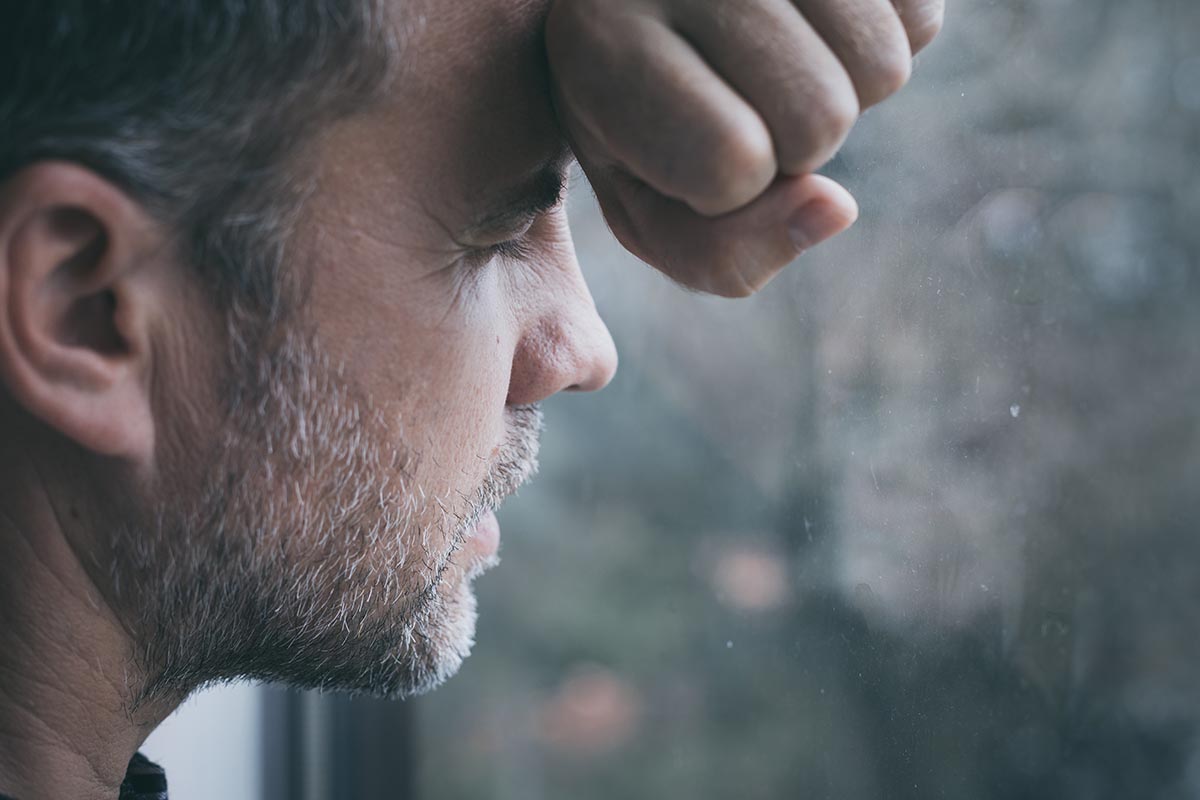Everyone has an opinion regarding whether addiction is a disease or a choice. Many people will argue that addiction is a string of bad choices, some will shame you for comparing addiction to a “real disease” such as cancer, and a few will ask, “why can’t they just stop?” On the other side of the argument are those who believe that addiction is a disease of the mind, body, and spirit that can be treated with 12 Step programs. The National Institute on Drug Abuse categorizes addiction as a complex, relapsing disease, and quitting usually takes more than just “good intentions” or a strong will. Drug abuse hijacks the brain in ways that make quitting hard, even for those who truly want to. Drug and alcohol use may start as a choice but becoming addicted is not.
At Midwest Recovery Center, we can guide individuals struggling with a substance use disorder. Those who want to help friends, family, or loved ones find the addiction treatment necessary to heal and recover.
Why Are Some People Addicted, While Others Aren’t?
Some people who develop an addiction were born this way, with the “addiction gene” hiding in their genetic makeup. For these people, they may have realized they had the qualities of an addicted person long before the drug or alcohol abuse began. They may also have parents or grandparents that were addicts that just passed the gene down to them. For others, it is nature and nurture that ultimately pointed them into the depths of addiction. It could be trauma or low self-esteem, a problem with their mind and how they view themselves. The truth is, nobody really knows why some of us are alcoholics or addicts, and some of us can drink or use without consequence. Drug use can be a symptom of a disease. That is something you will likely learn if you ever attend an NA or AA meeting or any other 12 Step program.
Getting Help With Addiction
Addiction is different for everyone who struggles with it. It is a chronic relapsing disorder that needs to be taken care of daily to stay well. It isn’t a moral failing, and it is definitely not something people choose to live with. No one wakes up and says, “I want to become a heroin addict. That sounds like a lot of fun.” However, addiction is the reality for thousands of people. They are addicted, and they cannot stop without the proper treatment, which is the tricky part. Since everyone has different experiences and genetics that could play into their addiction, there is no one way to treat all of these people. This is why Midwest Recovery Center offers a wide range of addiction treatment programs such as:
- Partial Hospitalization Program
- Intensive Outpatient Program
- Outpatient Treatment Program
- Community Housing
- Alumni Program
Learn More About Midwest Recovery Center’s Addiction Treatment Programs
At Midwest Recovery Center, we do not apply cookie-cutter treatment techniques. Each patient gets their own treatment plan based on their strengths and needs. We use a multidisciplinary approach that focuses on each person as a whole. We look to treat the mind, body, and spirit, along with family issues, social relationships, educational issues, and mental health issues. Some of the therapeutic options we offer include:
- Cognitive-Behavioral Therapy Program
- Dialectical Behavior Therapy Program
- Family Therapy Program
- Group Therapy Program
- Individual Therapy Program
- Trauma Therapy Program
Many of us know some healthy coping skills. We may have even tried to use these “healthy” coping skills to no avail. You wouldn’t hammer a screw with a nail, and sometimes that is what we are doing when we try to use new coping skills. Our clinical staff will teach you how to properly use the coping skills and tools and find what works best for you. Reach out to us today at [Direct].








